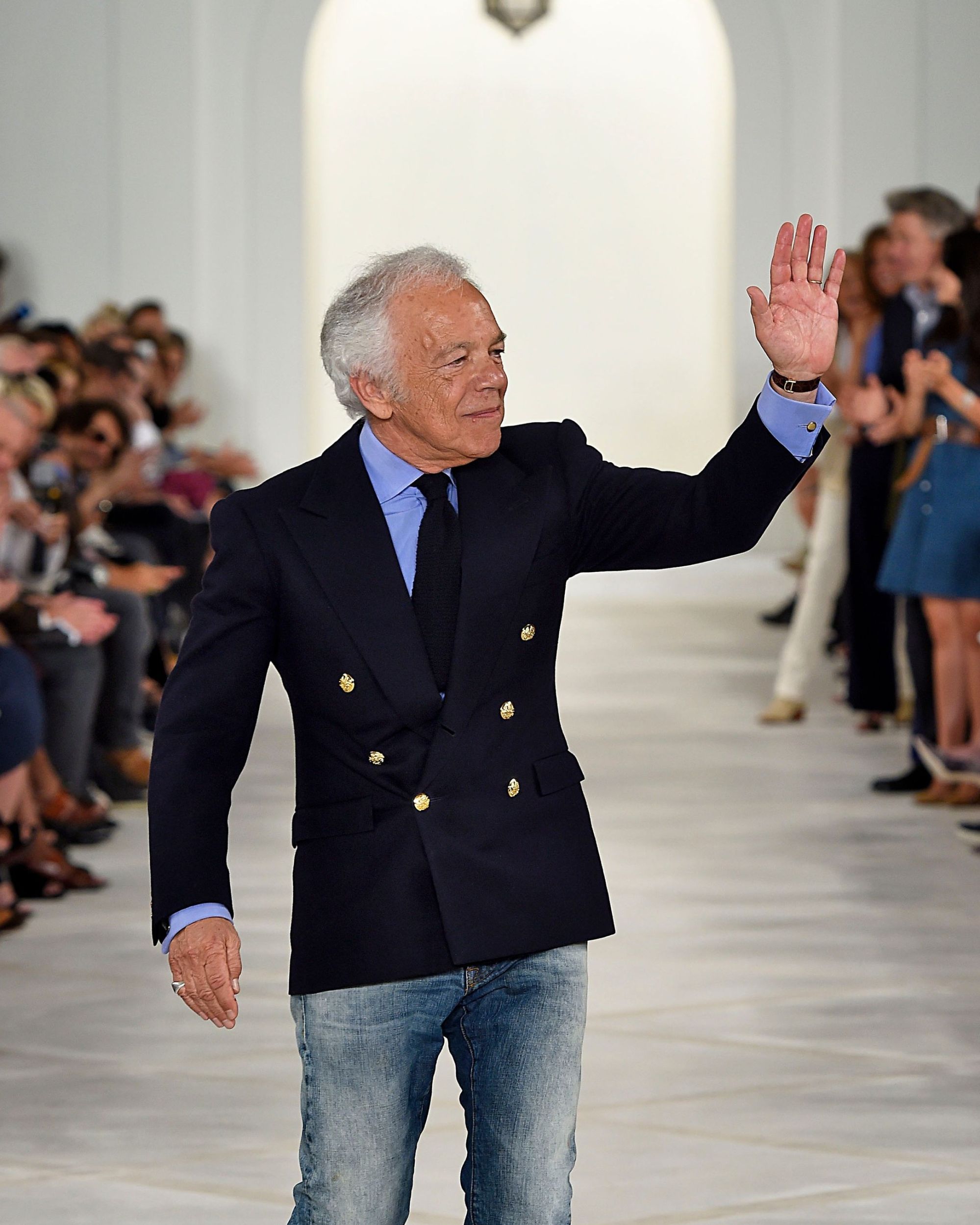
The hijab ban for French athletes at the Olympic Games France internationally criticized for its discriminatory policy
In the lead-up to the Paris 2024 Olympic Games, the question of the hijab ban for French athletes is causing division, once again placing this event and its host country in the spotlight. Through this veil of discord, France reveals once again the contradictions and challenges of its secular model, highlighting a two-speed policy that excludes female citizens from their own country. In September 2023, Amélie Oudéa-Castéra, Minister of Sports, announced that French athletes would not be allowed to wear hijabs during the Olympic competitions. "This guarantees the prohibition of all forms of proselytism and ensures the absolute neutrality of public service," she declared. This ban is part of France's secular tradition, which has imposed the ban on conspicuous religious symbols in public schools since 2004. Secularism in France, conceived as a strict separation between the state and religion, aims to preserve neutrality in public spaces. However, this vision has often clashed with the issue of individual freedoms, particularly those of religious minorities. The ban on hijabs in public schools and now in professional sports, not to mention the recent debacle over the abaya, raises more questions than ever about the limits of this principle and its impact on human rights.
Dans un rapport accablant de 32 pages publié ce mardi et intitulé “‘On ne respire plus. Même le sport, on ne peut plus le faire.’ Les atteintes aux droits humains des femmes et des filles musulmanes causées par l’interdiction du foulard dans le sport en France”, Amnesty… pic.twitter.com/7zHqbTRJAu
— AJ+ français (@ajplusfrancais) July 18, 2024
The announcement quickly triggered a wave of international criticism. The United Nations swiftly responded, reminding that "no one should impose on a woman what she should or should not wear." Amnesty International also condemned this ban in a scathing report, highlighting the systemic discrimination faced by Muslim women in France. Anna Błuś, a women's rights researcher at Amnesty International, did not mince her words: "Banning French athletes from participating in the Olympic and Paralympic Games if they wear a sports headscarf empties of their meaning the claims that the Paris 2024 Olympics are the first to achieve gender parity and reveals the racial and gender discrimination that characterizes access to sports in France." The voices of the athletes concerned have also been heard. Hélène Bâ, a basketball player, expressed her indignation: "This is a clear violation of the Charter, Olympic values, and provisions, and an infringement on our human rights and fundamental freedoms. I think it will be a shameful moment for France." Amnesty International's report, titled "We can't breathe. Even sports, we can't do it anymore," accurately details the devastating consequences of this ban on Muslim women and girls in France, how this policy prevents them from fully participating in sports activities, excludes them from competitions, and hinders their personal and professional development. The included testimonies are revealing. "B", another athlete, expresses her frustration: "It's unfortunate. It's even shameful to be at this stage in 2024, blocking dreams just for a piece of cloth." A story among many, highlighting a reality where the pretext of secularism in France becomes an instrument of discrimination, depriving many women of their fundamental rights.
@screenshothq France is banning its female athletes from wearing hijabs during the Olympics. Rights groups are concerned that this ban violates the athletes' human rights, but the International Olympic Committee has chosen not to intervene in the issue. What do you think about France banning the hijab at the Olympics? #france #olympics #paris2024 #hijab #humanrights #streetinterview #voxpop The Champion - Lux-Inspira
Ironically, the Paris 2024 Olympic Games were announced as the first Games to achieve perfect gender parity between men and women. Yet, this celebration of equality is greatly tarnished by this exclusion of veiled athletes. How can one applaud such progress while imposing restrictions based on personal and religious choices? The International Olympic Committee (IOC) has not escaped criticism either. Accused of weakness and cowardice by Amnesty International, it chose not to intervene, arguing that "freedom of religion is interpreted in different ways by different states." A response perceived as an evasion, avoiding addressing the broader human rights violations involved. The impacts of this ban extend far beyond the Olympic Games. Whether on football fields, basketball courts, or volleyball courts, not only does it exclude women from the fields but also deprives them of the training and competition opportunities necessary to reach an Olympic level. It also has profound repercussions on the mental and physical health of the women concerned. For Hélène Bâ, who has not been able to participate in a basketball competition since October 2023, the consequences are heavy. "Mentally, it's difficult too, because you really feel excluded. Especially if you go to the bench and the referee tells you to go to the stands. Everyone sees you… It's a walk of shame."
Faced with this situation, several human rights organizations and sports collectives have launched calls to action. In June, members of Sports & Rights Alliance and Basket pour toutes sent a letter to the IOC, asking it to put pressure on French sports authorities to lift these bans. Despite a response deemed insufficient, the determination of activists continues to grow. Likewise, Amnesty International's report and the athletes' testimonies show that change is still possible. Indeed, despite the time remaining, French authorities, sports federations, and the IOC can still overturn these bans and ensure that these Olympic Games, as well as all sports activities in France, are truly inclusive and accessible to all. Who knows, maybe this international outrage will be a catalyst for change.















































